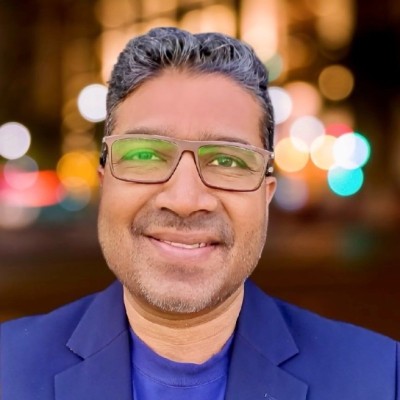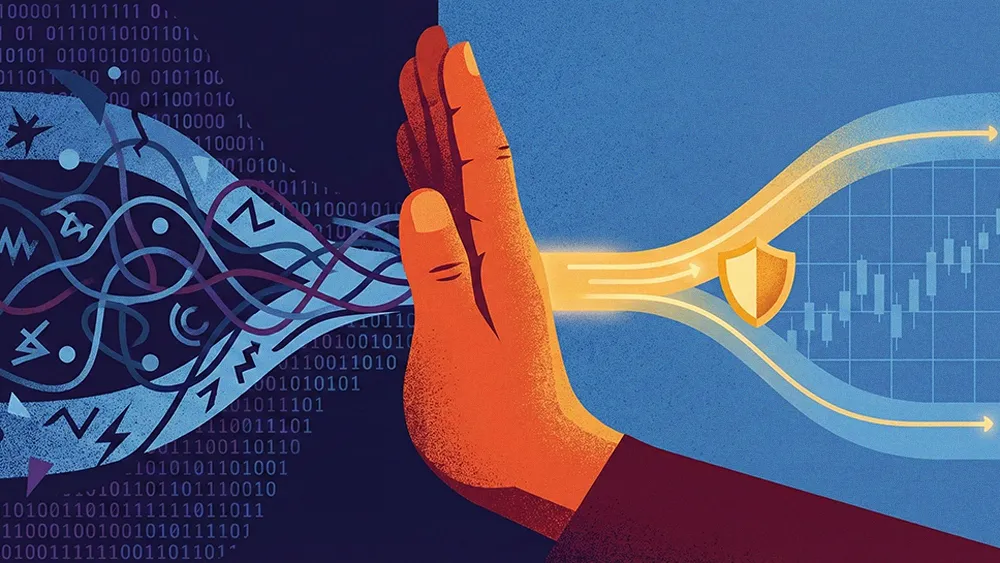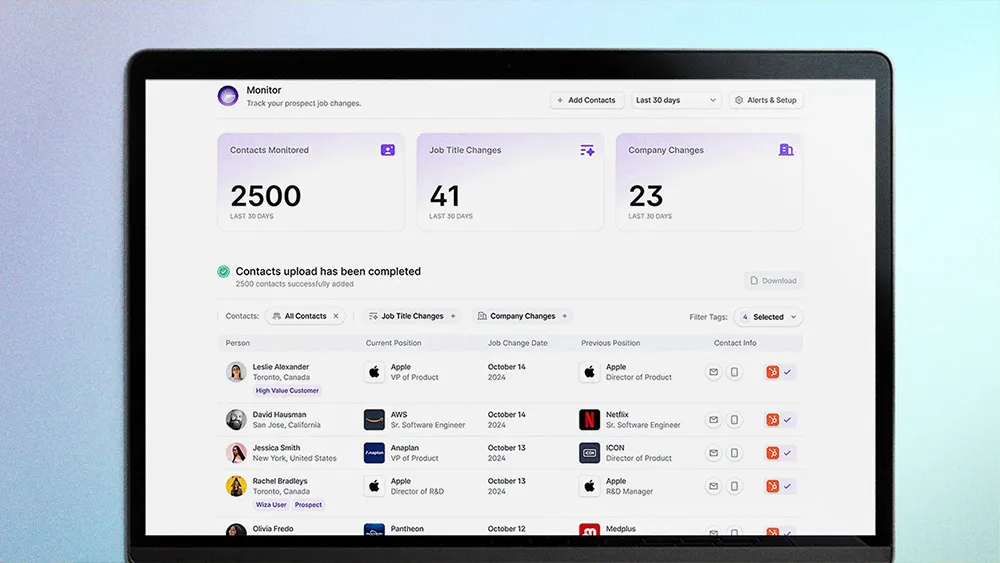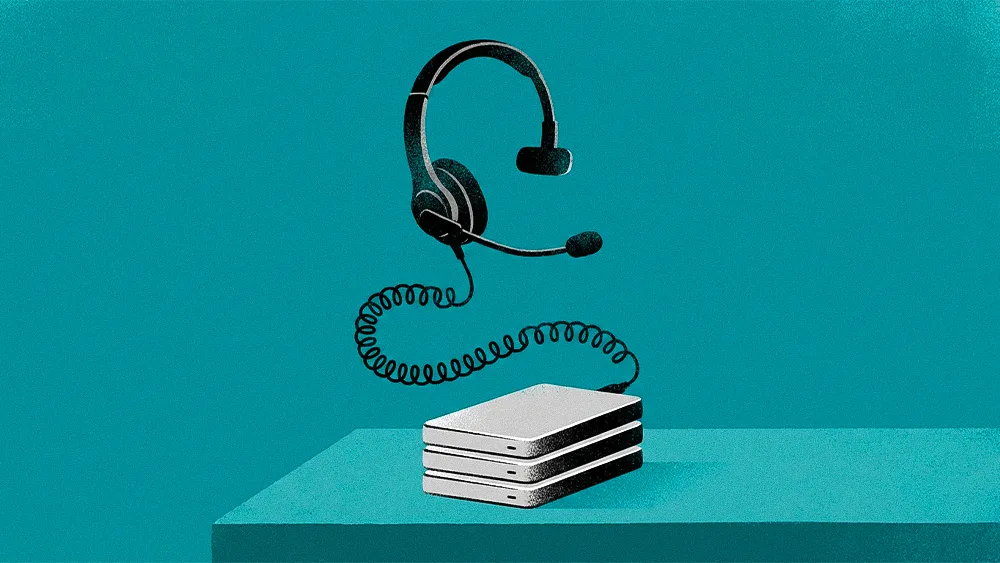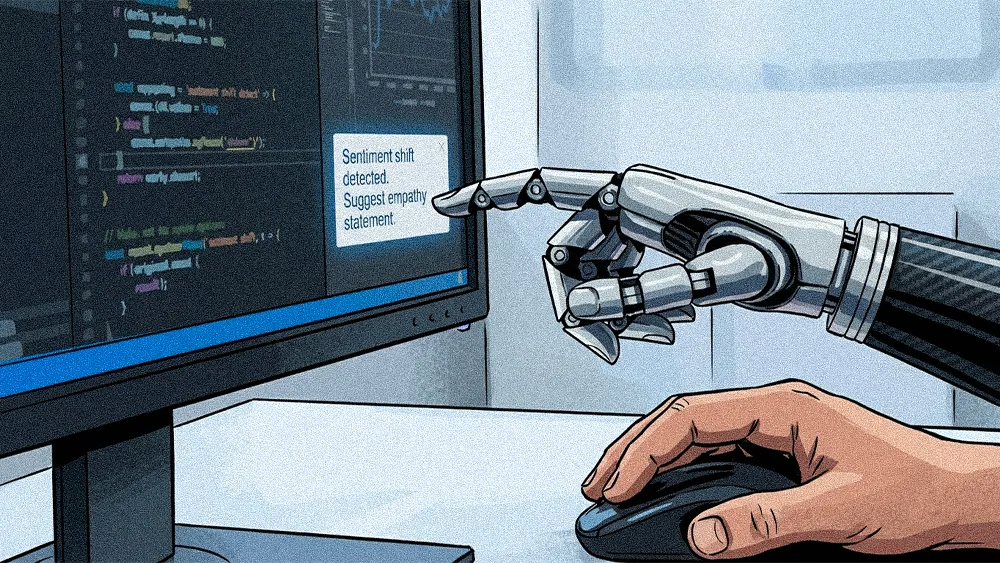
All articles
Consumers Embrace Data Sharing as Open Banking Turns Big Promises Into Tangible Value
Saj Nair, Chief Customer Officer at Qippay, outlines how open banking delivers real rewards for data sharing and expands financial access.

Key Points
Consumers hesitate to share financial data when the benefit feels vague, and many still do not trust new services without a clear payoff.
Saj Nair, Chief Customer Officer at Qippay, explains that customers respond when open banking delivers immediate value, from smarter budgeting to dynamic lending.
He defines open banking’s path forward as building trust through secure integration and using these rails to expand financial access in underserved markets.
When people see a clear benefit, they're far more comfortable sharing their financial data. Consumers are starting to expect rewards that show up right away. The data economy is shifting toward tangible value, and customers want to feel that payoff in the moment.
Personalization used to sound like a buzzword. Now open banking is turning it into something practical, giving people the option to share their financial data in exchange for rewards that actually matter. An insurer reviewing everyday spending can lower a premium in real time, for instance, and the exchange becomes easy to grasp because the payoff appears the moment the data is shared. It's personalization with a purpose, and customers can finally feel the difference.
Saj Nair, Chief Customer Officer at fintech startup Qippay, has spent more than eighteen years moving between legacy banks like ASB and the fast pace of the startup world. That mix gives him a clear view of how traditional finance and modern innovation collide. In his mind, this new value exchange only works when the offer to the customer is unmistakable and worth saying yes to.
"When people see a clear benefit, they're far more comfortable sharing their financial data. Consumers are starting to expect rewards that show up right away, whether that's smarter budgeting support, dynamic lending, or discounts that reflect their real habits. The data economy is shifting toward tangible value, and customers want to feel that payoff in the moment," says Nair. While businesses are often motivated by clear opportunity costs, consumers require a more direct 'sweetener' for the exchange to feel worthwhile, he explains.
Pain, pain, go away: For consumers, the motivation to share data often comes from solving a distinct pain point, like avoiding frustrating and unnecessary penalties, Nair says. "An AI-based money manager is going to make sure you never get a dishonor fee for your direct debits. You don't get overdraft fees because it'll move money between accounts and help you always make sure you're covered."
This model of secure data exchange isn't limited to finance. Nair suggests that the principles of open banking could serve as a template for other industries, creating new customer value in health, insurance, and retail by integrating financial data with other services for the first time. The key lies in establishing a foundation of trust.
Trust required: He explains that for a growing number of sophisticated customers, trust is a technical prerequisite, with the method of data integration becoming a primary concern. "The first question we get asked is, 'How do you integrate?' That's the space that people want to know first before they even consider sharing data," says Nair.
Looking ahead, Nair identifies two key challenges: managing the risks of advanced automation and bridging the fragmented global financial system.
The automation dilemma: As automation evolves from human-to-machine interactions to autonomous machine-to-machine transactions, Nair highlights the need to manage the risk that comes with limitless scale. "With machine-to-machine interaction, the key challenge is whether we completely automate and authorize transactions to happen, or if we create layers of monitoring," he explains.
Banking on fintech: While fintechs have successfully closed the user experience gap for global finance, a fundamental trust deficit still hinders their ability to fully displace traditional institutions, Nair says. "They're still restricted in scale, and you wouldn't put your life savings into a fintech bank yet. I have not come across anyone who has done that."
Ultimately, Nair views open banking as more than a way to speed up payments. For him, the real opportunity lies in widening access to finance and giving underserved regions the same footing as established markets.
"Anything that creates financial inclusion opportunities and creates that equal playing field, that's a great step forward," he concludes. He's betting on the long game, and he sees open banking as the foundation that can make it happen.

